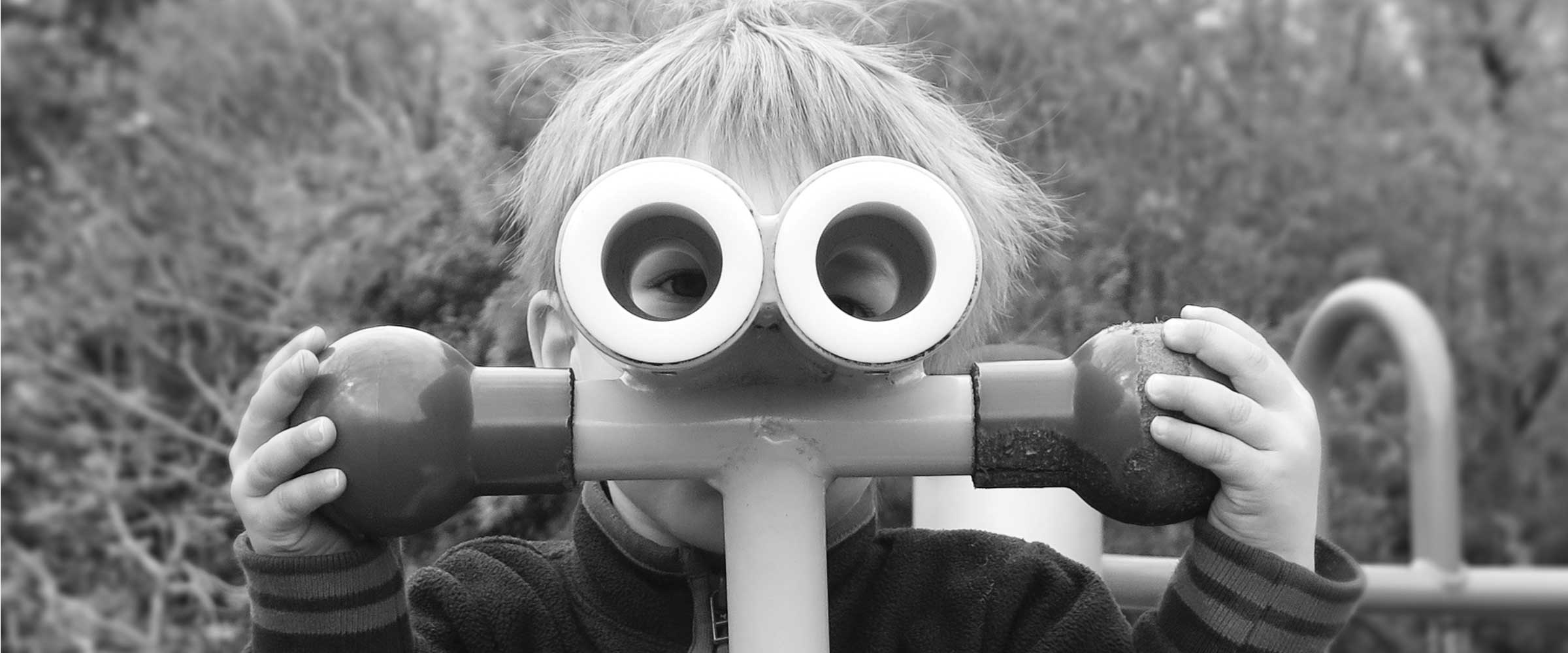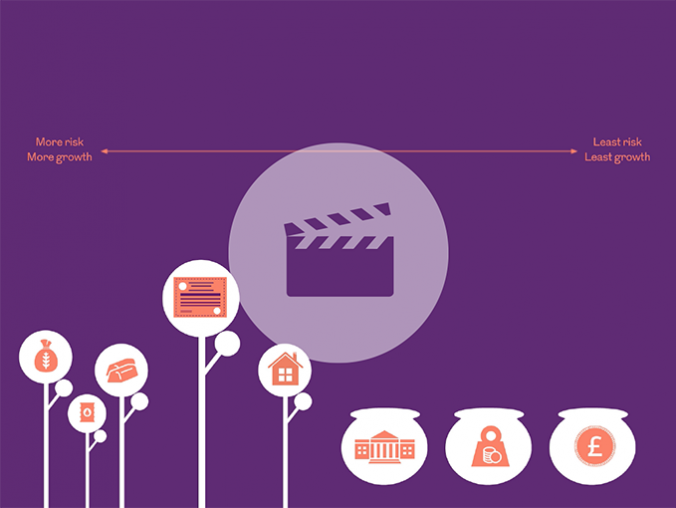

Getting your children to save
They may not thank you for it now, but one of the best things you can give your children is good financial know-how
The government included financial education in the national curriculum in 2014, but coverage in some schools is still patchy. And young adults have fared even worse when it comes to learning about their finances.
According to a recent survey by the Pensions and Lifetime Savings Association, nearly half (44%) of those aged 18 to 34 say they find savings products confusing and they need guidance. One in five say that saving towards retirement is a top savings priority.
Teach the basics
It’s never too early to start saving. If you open a savings account for your child when they’re a baby, relatives might give cash gifts instead of toys or clothes.
As soon as your child’s old enough to understand money, you could start giving them a small amount of pocket money. Get them used to going to the local bank or building society to pay in their savings, and discuss things they might like to buy with their own money. Saving for something special will teach them how to wait, and help them avoid the ‘buy now, pay later’ attitude that could lead to problems with credit card and overdraft debt later on in life.
The next step is to keep track of where their money’s going. You could do this by keeping their receipts in a box and writing down all their spending in a notebook.
As your child gets older, ask them to think about the things they might want or need as an adult. This is a good way to introduce different ways to save, such as pensions and ISAs. You can keep it fun by suggesting different money-related activities. The Money Advice Service has lots of ideas to help parents teach their children more about good money habits.
Older children might even enjoy managing a fantasy share portfolio – and if you feel brave you could compete against them!
Getting them started
A child’s savings account can be opened with as little as £1. And, from age seven, they can take charge of the account themselves.
Many parents want to help their children by adding money to their savings. However, if you’ve given your child money that earns more than £100 a year in interest, dividends, rent or other investment income, the income will be taxed as if it were yours (this doesn’t apply to money given by anyone else). So it makes sense to use tax-efficient savings and investments, such as Junior ISAs and premium bonds, to minimise any tax bill.
Up to £4,128 can be saved in a Junior ISA in the 2017/18 tax year. Once invested, the money’s locked away until the child turns 18, and any income or growth earned is tax-free.
Parents, grandparents or great grandparents can invest from £100 up to £50,000 in National Savings & Investments premium bonds on behalf of children up to age 16. All bonds are entered in a prize draw every month, and prizes range from £25 to £1m.
Key takeaways
- 44% of young adults are confused by savings products.
- Teaching children to save towards a goal can help them avoid a ‘buy now, pay later’ attitude.
- Children can manage their own savings account from the age of seven.
- Parents who want to give money to their children should consider tax-efficient savings products, such as Junior ISAs and premium bonds.
More for you

How to save for your children
Pensions offer a simple, tax efficient way of saving money for your children, but what are the alternatives?
MORE
Getting the right mix for your pension
Lorna Blyth, Investment Strategy Manager at Royal London, and Trevor Greetham, Head of Multi Asset Investments at Royal London, tell you why a mix of investments is important to help grow your pot and reduce risk
MORE
Our People Promise
Some of our colleagues explain how the ‘People Promise’ helps them to deliver the best experiences and outcomes for customers and members
MORE


